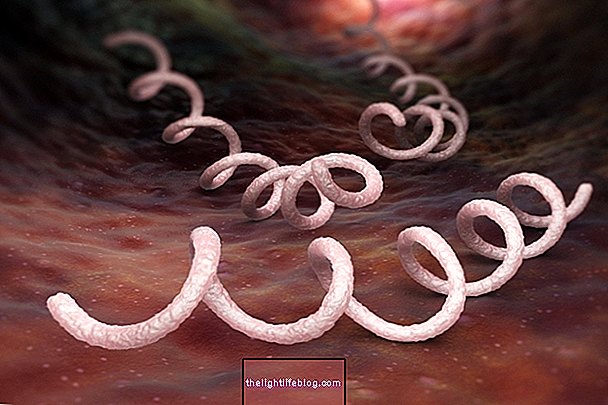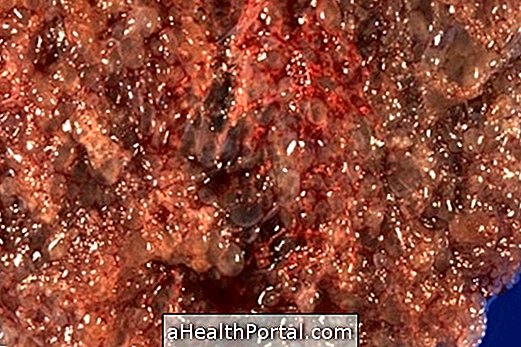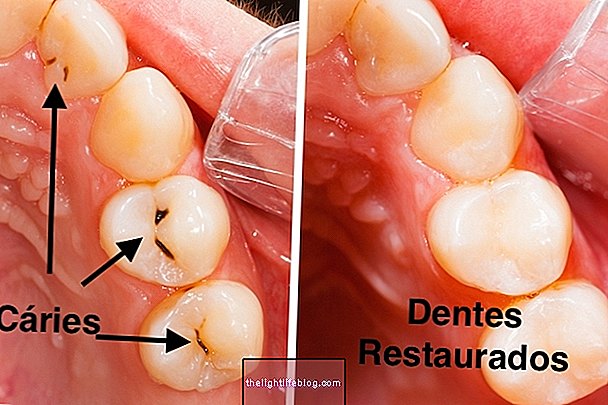In order to know if there is HPV infection, the doctor must analyze the person's genital region with the objective of identifying an injury, and it is necessary to perform tests that can identify the presence of the virus. The HPV virus, depending on its subtype, can lead to the appearance of warts or small lesions in the genital region, which can be perceived by careful observation of the region in a private location and with sufficient clarity.
If changes in the penis or vagina are found, it is recommended that the gynecologist or urologist be consulted so that the lesions are recognized as HPV virus characteristics, as well as other diagnostic tests such as colposcopy and Papanicola, in the case of women, and peniscopia in the case of men.

What exams do I need to do to find out if I have HPV?
The diagnosis of HPV should be made by the gynecologist or urologist according to the observation of the genital region and the result of more specific exams.
In the case of women, the most requested examination is the Pap smear, which allows the identification of lesions caused by the virus, but is not effective in the detection of HPV and other tests should be requested. Another test that allows to evaluate the lesions caused by the HPV is the colposcopy, that in the case of the men receives the name of peniscopia, that is done by the urologist.
In addition, the hybridization or hybrid hybrid capture assay are more specific techniques for detecting human papillomavirus because the virus genes are analyzed and can identify the subtype of the virus and thus allow the physician to prognosticate and determine treatment if need be. In order to perform these tests, it is necessary to collect a small portion of the lesion, which must be sent to the laboratory for analysis.
Learn more about exams that identify HPV.
What does it mean to have HPV positive?
The positive HPV result does not necessarily mean cancer, because only a few subtypes of the virus are capable of promoting cancerous changes. Usually only more specific tests for cancer confirmation are recommended if the HPV test and Pap test or Peniscopia are changed.
If you have HPV positive and there are no changes in the Pap smear, it means that the person is carrying the virus but there are no cell changes. In these cases, the doctor usually recommends a new examination 12 months later to confirm the presence of the virus, which in most cases disappears up to 2 years later. Find out if HPV is cured.
See the video below for the symptoms and how to treat this disease.








-o-que--como-identificar-e-o-que-fazer.jpg)



















